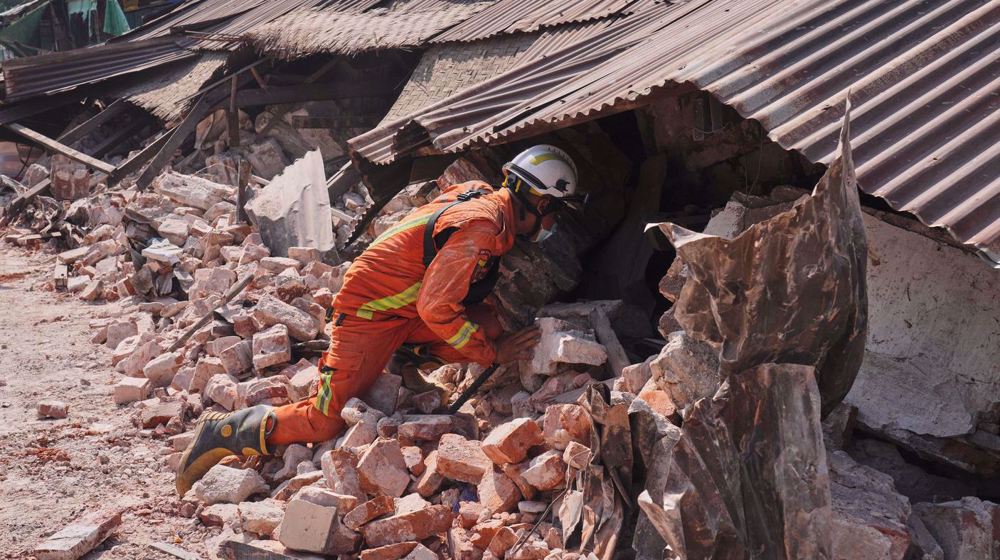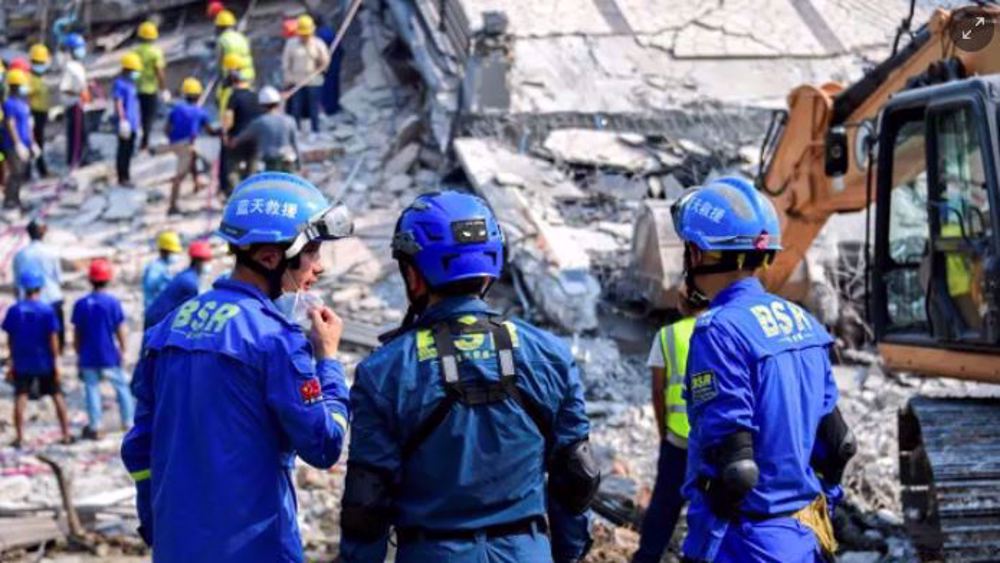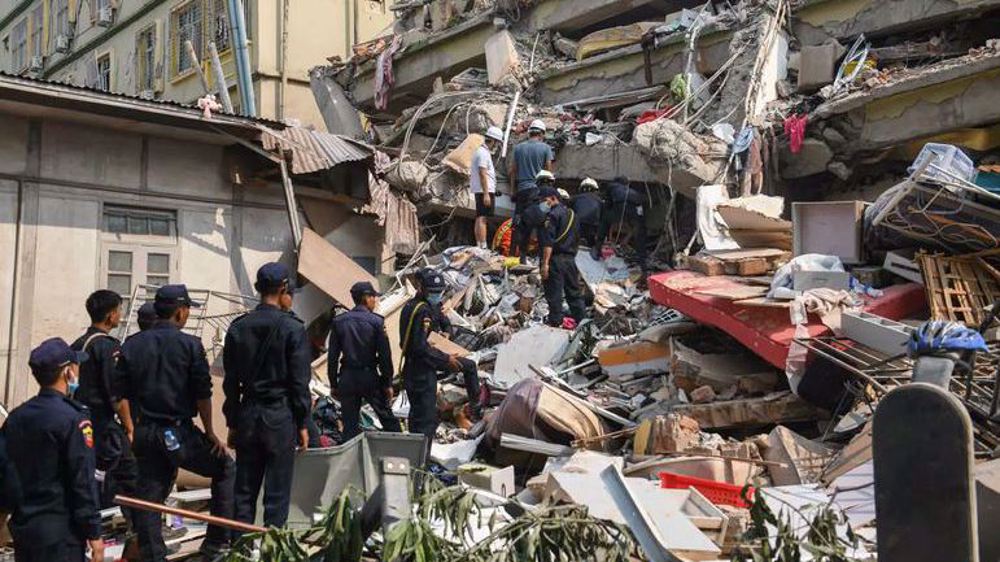Japan army on alert over possible North Korea missile attack
Japan’s military has been placed on alert over the possible threat of the North Korean ballistic missile fire.
According to Japan’s state broadcaster NHK, the country’s naval destroyers and Patriot anti-ballistic missile batteries received orders on Monday to be prepared for targeting and destroying inbound projectiles.
Patriot missile batteries stationed on the grounds of the country’s defense ministry were also set to firing position.

The orders have been confirmed by a Japanese official who talked to Reuters on condition of anonymity, although the country’s defense ministry has declined to comment on the issue.
As part of its missile deterrent, Tokyo has stationed advanced Aegis vessels in the Sea of Japan which are capable of simultaneously tracking multiple inbound targets, and is also armed with SM-3 missiles systems which can annihilate warheads in space before they enter the atmosphere.
As a final line of defense, Patriot PAC-3 missile systems have also been deployed around the capital and other strategic locations.
South is ready too
South Korea's Yonhap News Agency also reported that Seoul has detected evidence of launch preparations by the North, adding that Pyongyang would probably use intermediate-range Musudan missiles which it test launched three times in April.
"We've detected a sign and are tracking that. We are fully prepared," said a South Korean official.
Early on Tuesday, another South Korean military official told Reuters that the North’s attempts to launch a Musudan missile had failed.
In relation to a probable launch, US Navy Commander Gary Ross, a Pentagon spokesman, said he could not discuss intelligence assessments.
"We are closely monitoring the situation on the Korean Peninsula in coordination with our regional allies. We urge North Korea to refrain from provocative actions that aggravate tensions and instead focus on fulfilling its international obligations and commitments," he added.
Tensions have been flaring in the region since January, when North Korea said it had successfully detonated a hydrogen bomb, its fourth nuclear test, and vowed to build up its nuclear program as deterrence against potential aggression from the US and its regional allies.

A month later, Pyongyang launched a long-range rocket which it said placed an earth observation satellite into orbit. However, Washington and Seoul denounced it as a cover for an intercontinental ballistic missile test.

Pyongyang was recently placed under the toughest UN sanctions in two decades. The country, however, has pledged not to relinquish its nuclear power unless the US ends its hostile policy and dissolves the US-led military command in South Korea.

Death toll from Myanmar quake rises to over 3,085

WHO warns Myanmar quake ‘top-level emergency’, seeks urgent funding

Iran voices readiness to help quake-stricken Myanmar, Thailand
Iran condemns Israeli attacks on Syria's civilian, military infrastructure
Israel targets ambulances, health center in Lebanon despite truce
Iran calls on Shanghai bloc to condemn Trump’s 'dangerous' threats
VIDEO | Iraq’s electricity shortage and US sanctions on Iran
Death toll from Myanmar quake rises to over 3,085
US militarization in West Asia reaches unprecedented levels: Report
VIDEO | The 1992 Clonoe Killings
VIDEO | Columbia University students chain themselves to gate in support of Mahmoud Khalil










 This makes it easy to access the Press TV website
This makes it easy to access the Press TV website